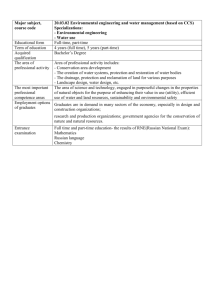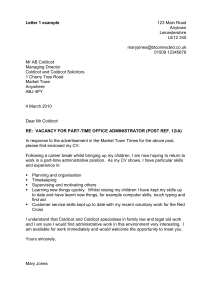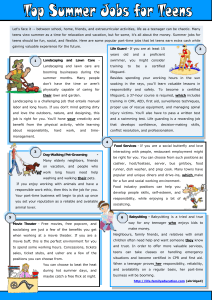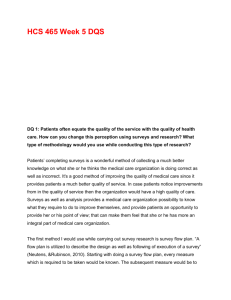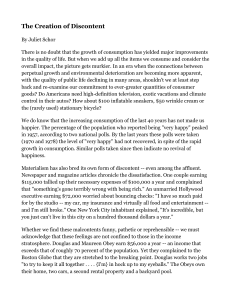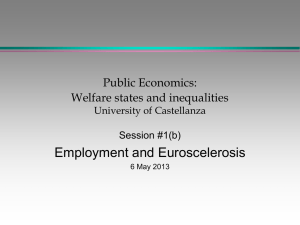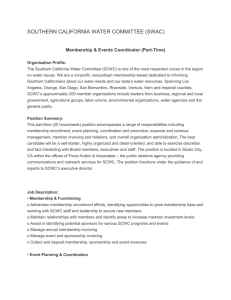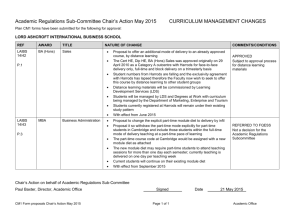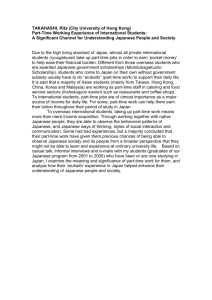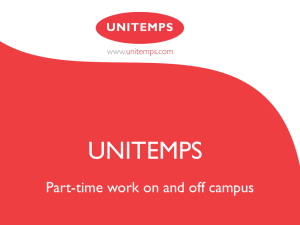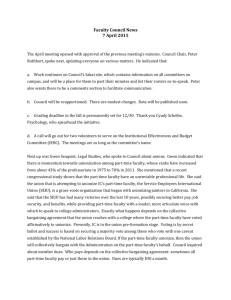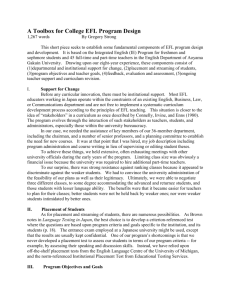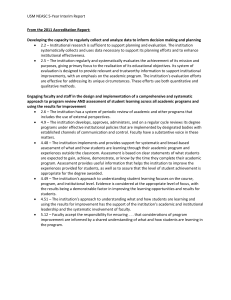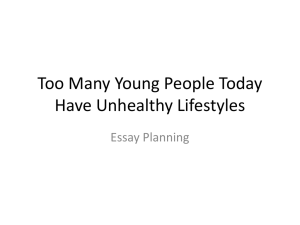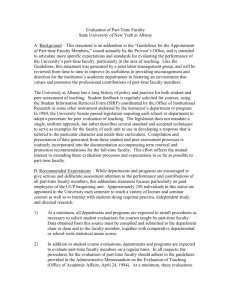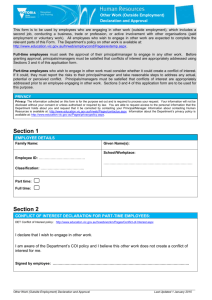Does having a job affect the priority of school work for teens?
advertisement
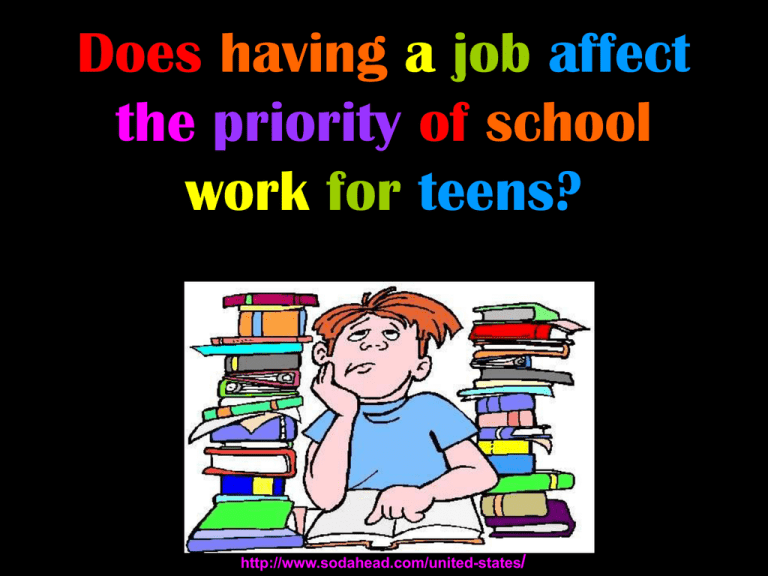
Does having a job affect the priority of school work for teens? http://www.sodahead.com/united-states/ Introduction • All over the world, many students in full-time education also work part-time jobs for money. Through the use of categorical and discrete data we gathered students in year 11 and 12 at Loreto College often have jobs such as delivering newspapers, baby-sitting neighbours’ children, serving in retail shops, waiting tables, working in fast-food outlets and many more. • Surveys showed that in most cases nearly all teens either have or want a part-time job. Most say they do it for the money, but many also think it teaches them important skills and ethics and will benefit them with getting a job in the future. Parents and teachers are more worried about students working part-time. They think it can harm their schoolwork and worry that some employers may take advantage of young workers. Collecting the data • Used surveys • Convenient data • Of 150 year 11’s, we handed out fifty surveys. • 50/150* 100 = 33.3 % of girls were analysed. • Collected categorical and numerical discrete data. How many times a week do you work? Do you find it hard to balance your lifestyle? What is most important to you? 25 20 15 10 5 0 Yes No Sometimes 45 40 35 30 25 20 15 10 5 0 Do you participate in extra curricular activities? How many times do you work a week? 16 14 12 10 8 6 4 2 0 1 2 3 4 5 Analysing the data • From these results we came to the conclusion some students may be able to balance school work and jobs without harming their education. Other students find it difficult to priorities. 70% of students do not find it hard to balance their lifestyle. • Further studies show that above about ten hours paid work a week, students do worse at school. And even if students try to limit how long they work for, employers often put pressure on them to put in more hours. 70% of students also find time to participate in extra curricular activities outside of school and work. • At busy times of year like Christmas, holiday periods and stocktaking, students may be pushed into working many extra hours for fear of having their job terminated. 82% of the data put their first preference school work, so majority would make sure school comes before work. • Having a part-time job can make students more positive about education. Experience of work makes them think about future careers. This may motivate them to go to tertiary studies, and they see the point in working hard to get good grades, to eventually start a career. From the data the girls mainly work between 2-3 times a week which allows them to continue a balanced lifestyle. Conclusion • In reality some employers will try to take advantage of them but any intelligent teenager will be able to know when to back out and say when. We believe the student should have to maintain a certain grade to be able to work, at least a high C average is sufficient. • Casual work allows students to have a little pocket money and feel a sense of independence without pressuring their parents in hard times. It teaches them the very valuable employment skills that youth need these days to be able to succeed in the future. • We must trust our teens to find their own way in the world, deciding which opportunities they will take. For most students, getting a part-time job is an important way of gaining independence.


